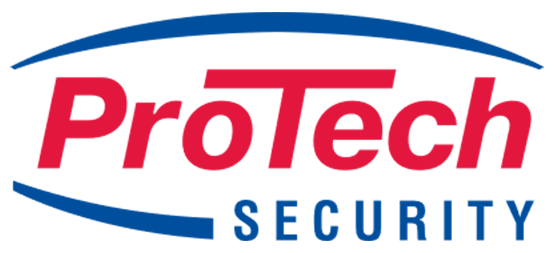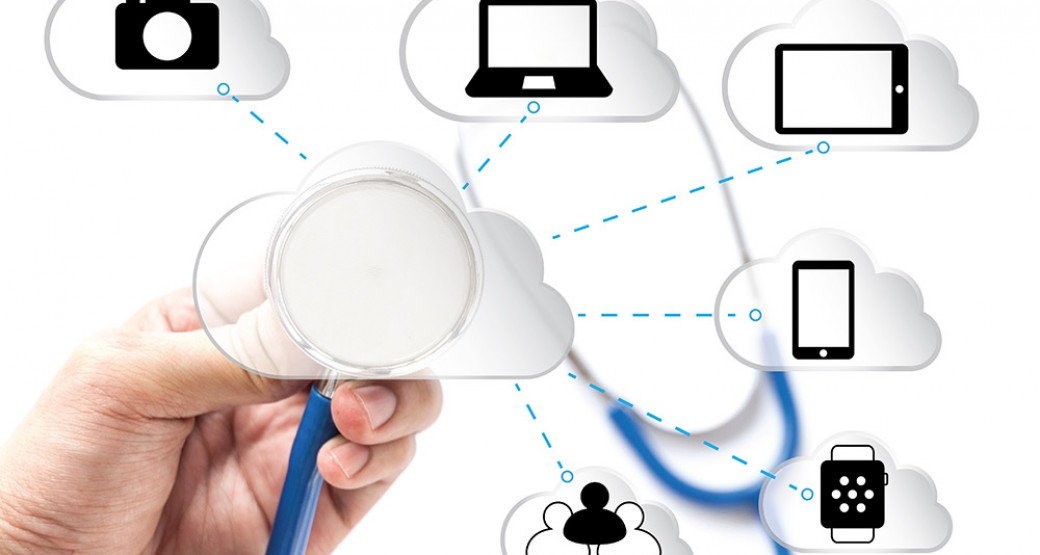Security technology has greatly improved the ability of individuals to live independently in their homes well into old age. If they have a fall or a sudden medical emergency, medical alert devices can often mean the difference between life and death, especially for conditions such as heart attacks or diabetes in which time is of the essence.
Such technology is still helpful should someone need to move into an assisted living community or nursing home, however. Because accidents and emergencies can happen even in facilities with round-the-clock care, it’s important for management to understand how healthcare facilities can utilize medical alerts.
What Are Medical Alerts?
Medical alerts are devices that allow individuals to call for help should they fall or experience a medical emergency, such as chest pain or shortness of breath. Many of these devices are equipped with sensors that can sense if a person has fallen. This enables the medical alert to signal for help even if the wearer is injured or has lost consciousness and is not able to do so themselves. Different devices have varying levels of technology; some medical alerts are even equipped with GPS tracking.
Medical Alerts for Assisted Living and Nursing Home Facilities
When someone’s health or mental state has progressed to the point that they need extra assistance or 24/7 care, moving into an assisted living facility or nursing home can help provide them and their family members more safety, security, and peace of mind.
However, because assisted living facilities offer residents a high degree of independence, those who live there aren’t under constant watch by staff. A fall or heart attack could be devastating if it went undiscovered for any period of time. Just like medical alerts are valuable to individuals choosing to age at home, they’re also useful tools in an assisted living environment in order to provide an extra level of safety.
Even in nursing home environments where the care and monitoring are more constant, staff can’t be with their residents every moment. Every individual needs time alone. Sudden health emergencies can also happen while a resident is sleeping; they may wake up with chest pain or feeling ill. Medical alerts can help notify staff and medical personnel immediately so that they can react fast in an emergency.
What About Regular Call Buttons?
Many assisted living and nursing home facilities are already equipped with emergency call buttons that are used in order to get in touch with staff should something go wrong. These buttons are typically installed on a wall, and while they’re helpful if the individual in distress is able to reach them, they’re not always useful. In a situation where a resident has fallen or is in bed and unable to get up and move to the call button, for instance, these buttons are no use at all.
Hospitals also have call buttons, typically located on a patient’s bed. Similarly, if the patient is out of bed and falls down, they may be unconscious or unable to reach the call button. In nursing home/assisted living facilities as well as hospitals, medical alerts are the only way to ensure that residents and patients truly are being monitored every minute of every day.
GPS Monitoring
In all long- or short-term healthcare facilities for the elderly, medical alerts with GPS monitoring are essential. These can alert staff and provide tracking for patients with Alzheimer’s or dementia, as well as help find patients who may have become confused after treatment or a medical procedure and wandered off. Medical alerts with GPS tracking provide huge peace of mind to patients’ family members, as well as staff.
Hospitals Recognize the Value
A growing number of hospitals are starting to see the benefits of medical alerts and utilize them in their patients’ care — both within the hospital and without. The Falmouth Hospital in Cape Cod, MA, for instance, has started a program through the Falmouth Hospital Auxiliary in which their volunteers help set up medical alert devices for local residents. This helps ensure that if the individuals have spent time in a closely-monitored hospital environment and are well enough to go back to living independently at home, help is always at hand.
With a greater understanding of how healthcare facilities can utilize medical alerts, these devices will start to become standard not only within the home but also in the places that we most trust to care for our aging loved ones.
At ProTech Security, we have a strong history of experience, innovation, and customer service. The ProTech Security Advantage is more than 30 years of service in Northeast Ohio and a strong commitment to providing quality, cost-effective protection for homes, businesses, educational institutions and government facilities. To see what ProTech Security can do for you, contact us today.



